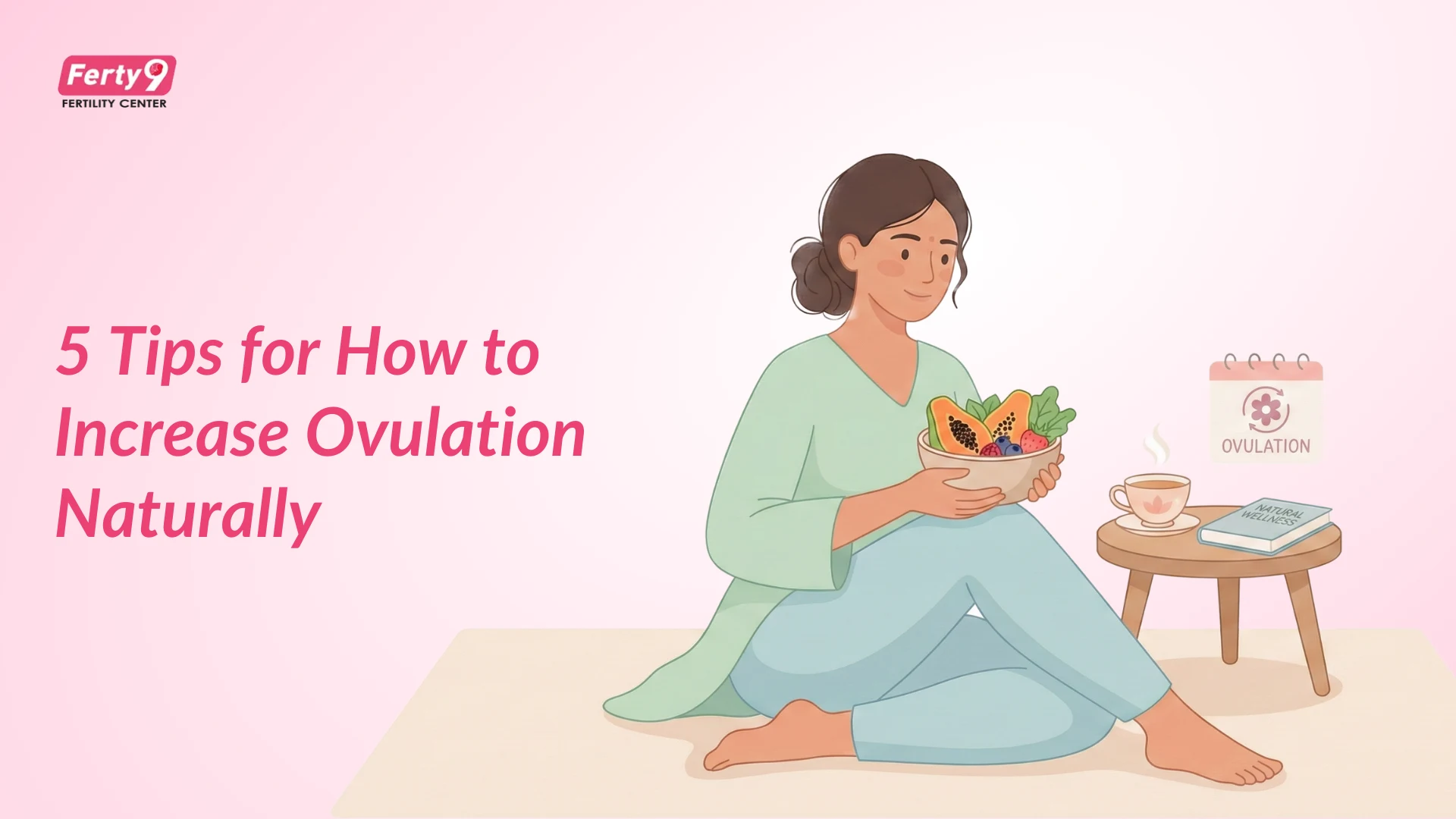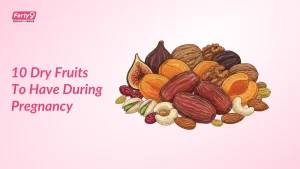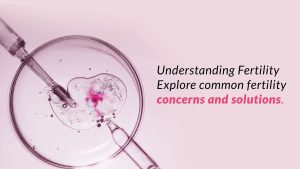Every month young, healthy couples who are not making use of birth control have about a 20% percent chance of really getting pregnant depending of course on their age.
The chances of conceiving around the time of ovulation are higher.
A proper way of increasing one’s chances of getting pregnant is to have intercourse in the days leading up to ovulation.
Bringing about the best lifestyle changes to improve one’s overall health also does happen to improve ovulation and also reduce one’s risk of ovulatory infertility.
Related Read: Focused on Fertility: Natural Ways to Increase Ovulation
How Does Healthy Ovulation Work?
Ovulatory dysfunction happens to be a common cause of infertility and it is essential to know how ovulation works. It is necessary to have a basic understanding of the menstrual cycle.
Once one’s ovulation occurs and the egg gets released by the ovary, this does signal the transition from the follicular phase to the luteal phase of the menstrual cycle. Progesterone is then produced by the corpus luteum (the follicle that does ovulate) while the egg travels down the fallopian tube.
The egg can rather only survive for 12-24 hours if it is not fertilized which is why having intercourse during days that lead up to and on the day of ovulation is very important. This permits sperm to be in waiting in the fallopian tube when the egg arrives.
There are several different causes of ovulatory dysfunction including dysfunctional thyroid hormone or even an elevated prolactin level. Conditions that do lead to an overabundance of estrogen and also a relative decrease in progesterone, such as polycystic ovarian syndrome (PCOS), is rather common.
Related Read: Symptoms of Blocked Fallopian Tubes
Managing Polycystic Ovary Syndrome (PCOS) Without Losing Weights
How to Help Naturally Boost Ovulation
In case a woman suspects that her cycles may be irregular, then it is a good idea to try making a few key lifestyle changes.
Adopting a Pro-Fertility Diet
The top 3 principles of a pro-fertility diet happen to be:
- Choosing “good” carbs including whole grains as well as antioxidant-rich leafy greens.
- Eliminating trans fats and enjoying high-quality omega-3 fatty acids instead.
- Adding more plant proteins into the mix and also eating less red meat.
Suggested Read: Role of Diet, Nutrition in Overcoming Female Infertility
Maintain a Healthy Weight
Weighing too much or too little can indeed interrupt normal menstrual cycles, throw off ovulation, or stop it altogether. On top of that, excess body weight does lower the odds that in vitro fertilization (IVF) or other fertility treatments will be successful. It does increase the chances of miscarriage, placing the mother at risk during pregnancy or perhaps developing high blood pressure (pre-eclampsia) or even diabetes, and also increases her chances of needing a Cesarean section.
Fertility researchers have rather described the Fertility Zone for Weight to be really between a body mass index (BMI) of 20 to about 24. This is based on research that suggests that infertility was least common among women with BMIs in this range.
Increase Your Exercise
Findings from over a half-century ago that too much exercise can indeed turn off menstruation have led some wellness experts (and even doctors) to be able to instruct women to shy away from exercise while they happen to be trying to conceive.
Suggested Read: Effective Pelvic Exercises for Preventing Premature Ejaculation
Ditch the Soda
Most women who try to conceive do have lots of questions about what they can safely drink. And most of the attention tends to be focused on coffee as well as alcohol intake. On the other hand,
when it comes to improving ovulatory functioning and decreasing the risk for infertility, the most required beverage happens to be soda of which they need to be mindful.
Also Read: 16 Useful Trying To Conceive Tips from Experts
Upgrade Your Prenatal Vitamin
When trying to conceive, a daily multivitamin is a sort of insurance against common micronutrient deficiencies (e.g., vitamin D). Conception cum pregnancy are two situations in which the body demands more nutrients than what food can typically provide – this is so when it comes to iron and b-vitamin folate intake.
Relatively smaller sort of changes is often sufficient to have the expected effects of promoting healthy ovulation and also improving fertility. In case the woman is underweight, gaining 5 – 10 pounds can indeed be enough to restart ovulation as well as periods. If the woman happens to be overweight, losing 5 – 10 % of the current weight is often enough to improve ovulation.
Now you can use our Latest Ferty9 Ovulation Calculator to know your Ovulation and Fertility window.




























